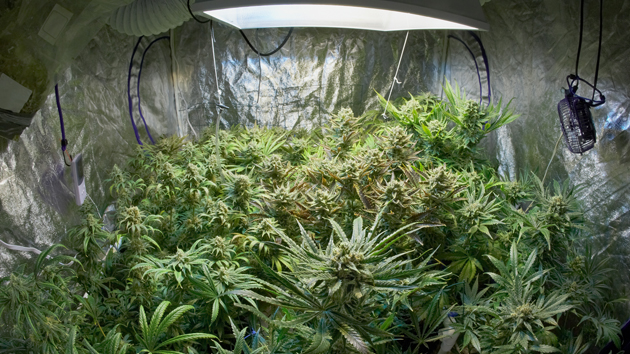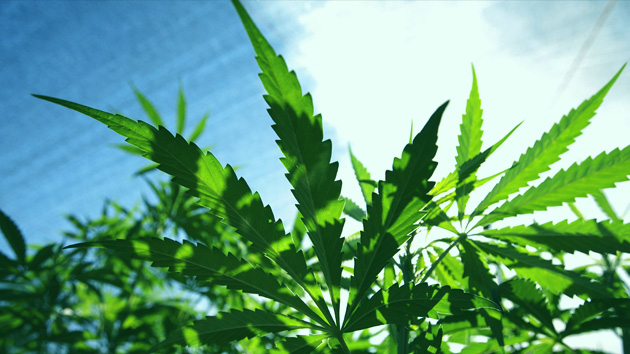
Josh Harkinson
California just did it again. The state that in 1996 became the first in the nation to legalize medical marijuana has once more taken the lead in marijuana policy, this time by passing a groundbreaking set of bills that could make the Golden State’s huge and largely unregulated pot industry a national model for environmental and social responsibility.
For nearly 20 years, California has been unique among states for its hands-off approach. While authorizing consumption and cultivation of medical cannabis, the state’s medical marijuana ballot initiative, Proposition 215, had virtually nothing to say about how pot should be grown or by whom. The result was a boon to California’s backwoods pot farmers. The small-time hippie growers in Northern California’s “Emerald Triangle” could supply legitimate medical marijuana patients and use Prop 215 as cover to grow and export black-market weed to other states.
For a while, California’s Wild West pot economy made nearly everyone but the feds pretty happy. It supplied high-grade pot to whomever wanted it, undermined the Mexican drug cartels, and lured a lot of redwood loggers into a more sustainable profession. But it turns out a state really can overdose on weed. What had been a cottage industry quickly became a “green rush” that has, as I’ve reported previously, decimated forests and salmon streams.
The Medical Marijuana Regulation and Safety Act, which passed on Friday, promises to change that, but in a way that is uniquely Californian—which is to say, uniquely awesome. Whereas every other medical-marijuana state treats growing pot as a hazardous industrial activity, relegating it to warehouses or strictly guarded enclosures, California will basically regulate pot like any other crop, albeit with a few additional tracking and labeling requirements. That means the Emerald Triangle pretty much gets to keep doing its thing, while following the same environmental and safety rules that apply to growers of strawberries or pinot grapes.
“It’s pretty groundbreaking,” says Hezekiah Allen, executive director of the Emerald Growers Association, the region’s pot-farming trade group. He’s particularly stoked that the new bills outlaw vertically integrated marijuana conglomerates (opposite to the approach many states have taken). The legislation also caps cultivation permits at one acre for outdoor growers and half an acre for indoor growers—policies intended to ensure that the industry remains in the hands of small farmers.
But that’s not all. The bills put California in the business of creating and regulating cannabis appellations, meaning that Humboldt and Mendocino pot could soon be marketed in the same way as “Napa” and “Sonoma” wines. They authorize the state to certify medical marijuana as organic (but only if the National Organic Program gives its blessing). And they require licensees with 20 or more employees to abide by a “labor peace agreement” that upholds the rights of workers to unionize.
Down the road, California’s classification of pot as an agricultural product may open the door to marijuana sales at state-regulated farmers markets and marijuana research at state-funded agricultural universities like the University of California-Davis, whose scientists could use their expertise to breed new strains. “We did better than we expected, quite frankly,” says Allen, who played a key role in negotiating the deal. “We were able to push things further in a year than we ever thought possible.”
Pot growers, however, are decidedly mixed about all of this. For one, the state’s regulatory and tracking system will likely crimp the black market by making it much harder for farmers to export their product. “There are going to be a lot of businesses that are not going to be able to make the transition,” Allen says. “There are some that are violently lashing out against it. I certainly have taken my fair share of threats. This is the strongest possible structure to build on, but this transition isn’t going to come easy.”
Then again, when the changes are in place, people may finally be able to smoke pot without being paranoid about what it’s been sprayed with or whether it’s wiping out furry critters and making rivers run dry.















